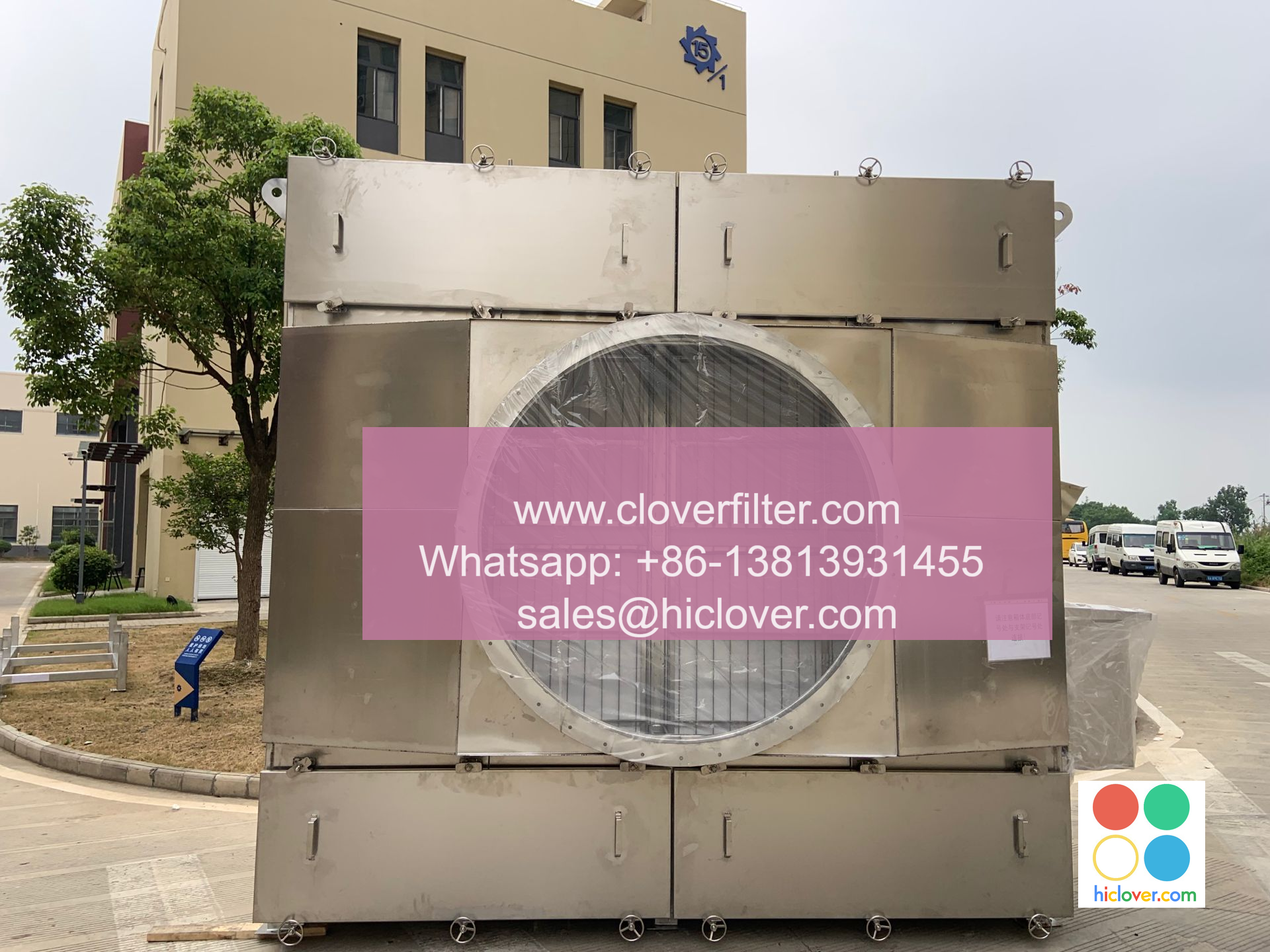The Role of HVAC Air Filters in Reducing Respiratory Issues for Small Businesses

The Role of HVAC Air Filters in Reducing Respiratory Issues for Small Businesses
As a small business owner, providing a safe and healthy work environment for your employees is crucial for their well-being and productivity. One aspect that plays a significant role in maintaining a healthy workplace is the heating, ventilation, and air conditioning (HVAC) system. In particular, the air filters used in these systems can have a significant impact on reducing respiratory issues in the workplace. In this article, we will explore the importance of HVAC air filters for small businesses and their role in reducing respiratory issues.
The Risks of Poor Air Quality
Poor air quality is a growing concern in many small businesses, particularly those with indoor workplaces. Studies have shown that exposure to poor air quality can lead to a range of respiratory issues, including asthma, bronchitis, and even chronic obstructive pulmonary disease (COPD). These health problems can result in lost productivity, increased healthcare costs, and a decrease in employee morale.
How HVAC Air Filters Can Help
HVAC air filters are designed to remove airborne pollutants, including dust, pollen, smoke, and other debris. These filters can significantly reduce the concentration of airborne pollutants, resulting in a healthier and cleaner indoor environment.
Key Applications for HVAC Air Filters
Commercial Buildings
- Offices
- Retail spaces
- Restaurants
- Gyms
- Healthcare facilities
Industrial Settings
- Manufacturing facilities
- Warehouses
- Distribution centers
- Laboratories
Residential Markets
- Home offices
- Home-based businesses
- Private dwellings
Types of HVAC Air Filters
There are several types of HVAC air filters available, each with its own set of benefits and drawbacks. Some common types of filters include:
- Fiberglass filters: Inexpensive and easy to replace, but only capture larger particles.
- Pleated filters: More effective at capturing smaller particles, but more expensive and prone to clogging.
- HEPA (High-Efficiency Particulate Air) filters: Highly effective at capturing 99.97% of particles as small as 0.3 microns, but expensive and may require more frequent replacement.
- Activated carbon filters: Effective at removing gases, odors, and chemicals, but may not capture particles.
Conclusion
In conclusion, HVAC air filters play a crucial role in reducing respiratory issues in small businesses. By providing a clean and healthy indoor environment, small business owners can improve employee productivity, reduce healthcare costs, and increase employee morale. When selecting the right air filter for your business, consider factors such as the type of particles you need to capture, the level of filtration required, and the cost of maintenance and replacement.
Key Takeaways
- HVAC air filters can significantly reduce respiratory issues in small businesses
- Different types of air filters have their own set of benefits and drawbacks
- Selecting the right air filter for your business is crucial for maintaining a healthy indoor environment
- Implementing a regular maintenance schedule for air filters can help extend their lifespan and improve airflow
Additional Resources
- American Lung Association: "Impact of Air Pollution on Respiratory Health"
- Centers for Disease Control and Prevention: "Indoor Air Quality and Your Health"
- Environmental Protection Agency: "Indoor Air Quality (IAQ) Basics"
I’m ready to help! What would you like to talk about or what kind of prompt would you like me to generate for you?


